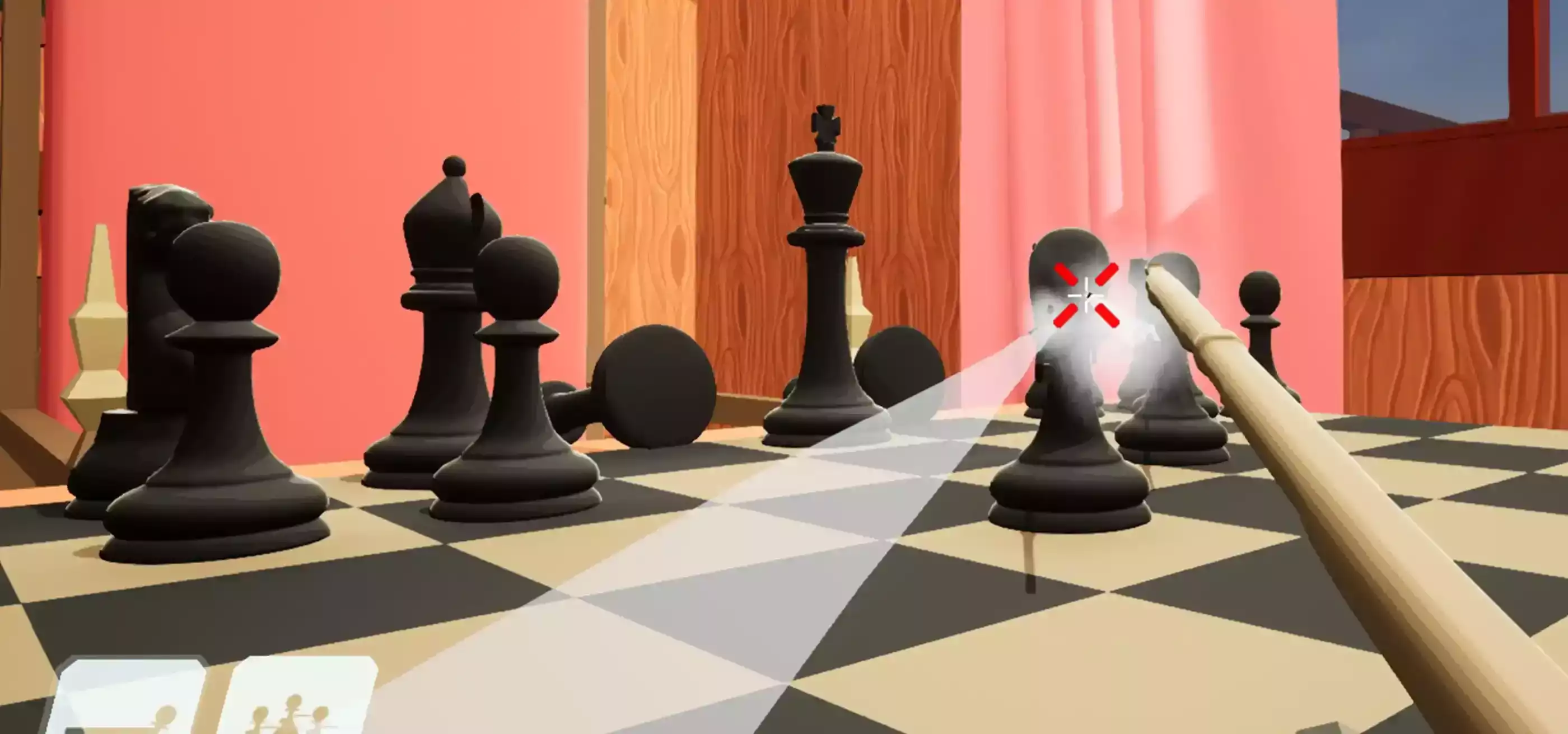Students working together to craft their own original game and animated film projects has always been a cornerstone of the DigiPen college experience. Now, a major institutional policy update aims to give students more than just creative control, empowering them with the opportunity to own and profit from their work.
While DigiPen has traditionally retained the IP rights to student projects developed as part of its college coursework, a new policy allows students and alumni to transfer those rights to themselves or to a student-founded company, enabling them to continue developing, selling, or launching businesses around their original projects beyond their time in school.
“We want our students to have the potential to forge their own path to success. And that’s not just after they graduate, but actually during their time in school,” DigiPen Chief Operating Officer Chris Comair says. “The creative industry is ready for it, and so are our students.”
In addition to giving students more control, the change also reflects the growing influence of independent creators across the industry. Indie games like Balatro, Stardew Valley, and Vampire Survivors continue to dominate sales charts, while the success of indie animated hits like Flow, The Amazing Digital Circus, and Hazbin Hotel are reshaping traditional TV and film production models. Aligning with this shift, DigiPen’s new policy is designed to better prepare students for success in today’s creator-driven landscape, where understanding the dynamics of IP ownership and monetization is increasingly important.
We want our students to have the potential to forge their own path to success.
Hadi Alhussieni from Class of 2022 student game team Meta Fork is poised to become the first to take advantage of the new policy. The BS in Computer Science in Real-Time Interactive Simulation graduate is working to build on the viral success of his senior-year game project FPS Chess, which has earned over six million downloads on Steam. “I was already planning to ask DigiPen for the rights to work on the sequel in some way, but the new policy has opened doors beyond that,” Alhussieni says. “The IP policy change has given me much more freedom.”
With full ownership, Alhussieni says he can now reuse and upgrade assets from the original game in his planned sequel, explore features like user-generated content and in-game social systems, and even deliver quality-of-life updates and cross-promotions between the original and its follow-up. “I thought I’d have to draw a line between the first game as a student project and the second as a commercial game. But with the full IP release, I can treat them both as parts of the same evolving world,” he says.
Alhussieni took part in early conversations with DigiPen leadership during development of the new policy and says the outcome has been deeply gratifying. “It means a lot to me that students will gain the freedom to explore their best ideas,” he says. “It is empowering to be given full control on how I want to explore the IP in the future.” With that control, Alhussieni sees potential far beyond a single game. While he’s currently working with fellow Class of 2022 alum Zach Rammell to build a custom engine for the sequel to FPS Chess, he’s also thinking long term. “As long as people are interested in different expressions of the concept, maybe the IP will expand into FPS Poker, RPG Chess, or something else entirely,” he says.
It means a lot to me that students will gain the freedom to explore their best ideas.
To initiate an IP transfer, all student contributors must agree to do so in writing and ensure that any educational, trial, or third-party software used to produce the project is properly licensed before commercial release.
DigiPen retains the right to showcase transferred projects and will receive a small sales royalty through the DigiPen Foundation, a new 501(c)(3) nonprofit that will fund emergency scholarships and grants to support college affordability for DigiPen students. If a transferred project earns more than $10,000 in gross revenue, the Foundation receives 5% from the original work and its updates. For sequels or derivative works, the royalty drops to 2.5%. If DigiPen acts as the publisher, revenue is distributed to the student’s company after these royalties are deducted.
To support students and alumni who want to initiate IP transfers for their projects, DigiPen will host a series of upcoming online summer workshops led by faculty and industry professionals. Topics will include forming an LLC, understanding game economics, attracting investors, and more. DigiPen is also developing new coursework focused on the business side of creative production, preparing students not just to build games and films, but to launch and sustain them as commercial ventures too.
Students and alumni interested in transferring their IP may begin the process by completing an IP Release Request Form (Students) or an IP Release Request Form (Alumni).
